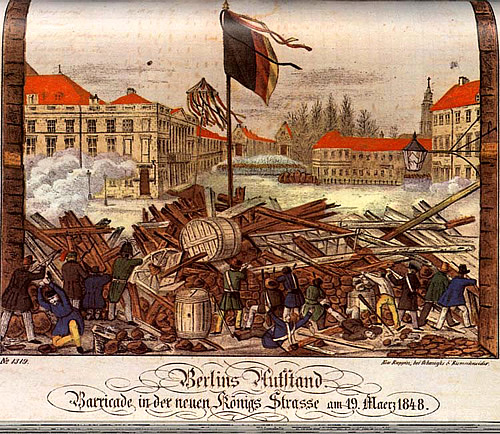

What struck scholars the most about Schroeder’s work was that, although he had an amazing command of the detailed historical record, he was never interested in detail as an end in itself. A comment Scott made about the Transformation of European Politics shows how Schroeder’s work was regarded by his fellow historians: “specialists inevitably will find much to ponder and perhaps to disagree with in Schroeder's reinterpretation of these decades, but everyone will admire the immense skill with which his text is assembled, the perceptiveness of his judgements, and the vigour and clarity of his exposition: there is not a dull page in the whole book, something that cannot always be said of large-scale works of international history.”

What he had to say was always stimulating, always worth reading, even if-actually especially if-you did not agree with the basic argument he was making.


As Beatrice de Graaf puts it in her essay here, Schroeder “stood at the apex of sound, traditional diplomatic history.” He went into the sources in great depth, thought hard about the fundamental issues he was concerned with, and made his text speak very effectively to those issues. Scott’s term, an “historian’s historian,” a scholar whose mastery of his craft was deeply admired throughout the profession. He also published a large number of articles, some of which were quite influential, dealing mostly with European great power politics in the century and a half before the outbreak of the First World War, but covering other subjects as well. In the course of his long career Schroeder wrote four major books: The Axis Alliance and Japanese-American Relations, 1941 (1958) Metternich's Diplomacy at Its Zenith, 1820-1823 (1962) Austria, Great Britain, and the Crimean War: The Destruction of the European Concert (1972) and his masterpiece, The Transformation of European Politics, 1763-1848 (1994). Schroeder, emeritus professor of history and political science at the University of Illinois and perhaps the most distinguished diplomatic historian of his generation, died last December at the age of 93.


 0 kommentar(er)
0 kommentar(er)
